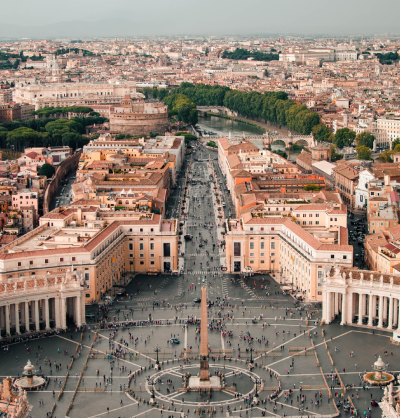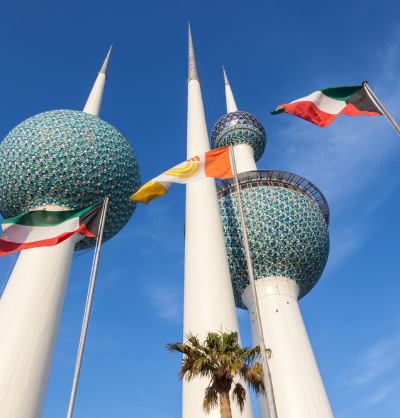BY MITCHELL BELFER – When Ibrahim Awad al Badri (aka Abu Bakar al Baghdadi [ABB]) mounted the minbar of the historic Al Nuri mosque in Mosul and delivered his now infamous declaration of the Islamic State, it was an instant hit. The grainy video is among the few visuals of the self-declared Emir of the neo-caliphate and his is a household name as a result. But the elusive ABB is leader over an aborted state with an aborted ideology. The gruesome violence and rape-them-all mentality of his people have left a dark spot — a daesh — on the region. Some 10,000 Daesh fighters are currently floating around the Syrian desert. They are a Motley Crew and they are desperate. Some have been recycled into Turkish-backed militias in Syria. There they continue to harass Kurdish towns and people. Other Daesh fighters — unlikely as it may seem — have joined ranks with some of the more potent Iran-backed Popular Mobilisation Units (PMUs) in Iraq such as those belonging to the Badr Organisation and the Asiab Ahl Al Haq. This marriage of convenience is bad news for the Middle East—and Europe.
To end this seemingly forever-war, to limit, contain, kill and subdue Daesh (and other terrorist groups) European states ought to double-down their commitments to the region: not try to hide from it. Honing alliances will be key. After all, most states in the region are already fighting Daesh and contributing to winning the war on terrorism and against radical ideologies. Pooling resources and developing workable collective action strategies will turn this into a smart campaign with focused aims while reducing overkill and costs.
In 2015, Saudi Arabia spearheaded the Islamic Military Counter Terrorism Coalition which brought an unprecedented number of Muslim countries together under one, counter-terrorism umbrella. The Global Centre for Combatting Extremist Ideology (ETIDAL) is trailblazing strategies of delegitimising extremist propaganda and limiting the ability of Daesh (and others) to recruit. Jordan’s security forces are active and clandestinely eliminating cell after cell of Daesh while basing a squadron of UAE F-16’s in the country. Together, they jointly strike Daesh positions in Iraq and Syria. The UAE has also struck Daesh deep in the Libyan and Sinai deserts and is operationally active in dislodging Al Qaeda in the Arabian Peninsula (AQAP) from Yemen. Bahrain — in addition to its logistical support for US and UK operations — applied much political energy on developing and expanding the Financial Action Task Force (FATF) that interdicts terrorism finance and combats money laundering. Those efforts have unearthed several nefarious sponsor-recipient relationships and have prevented money from flowing into Daesh’s hands. Reduce finance and reduce terrorism. Morocco’s Marrakech, and Bahrain’s Manama Declarations — and the multitude of programmes that have sprung from them — fight terrorism by strengthening interfaith dialogue, understanding and cooperation. Morocco and Bahrain offer models of social inclusion to emulate. Extremism — leftwing, rightwing, neo-nazi, Jewish, Christian, Muslim — only gains traction in fractious states. Strengthen the bonds of national trust and purge ideologies of hate Once and For All!
This article is part of a series of publications related to our upcoming event “Once and For All! Strategies to End the Scourge of Isis”, that will be held on 02 November 2018, in Prague.
A special EGIC collection of articles and analyses will be distributed during the event.
Click on the link below to sign up to the event and find out more about it.







